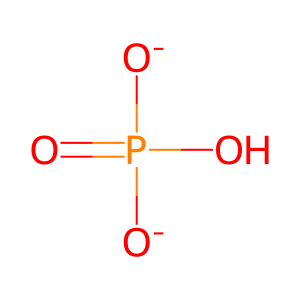Reaction: PTPRJ dephosphorylates active FLT3
- in pathway: Negative regulation of FLT3
The protein tyrosine phosphatase PTPRJ (also known as DEP1) dephosphorylates active FLT3 on juxtamembrane tyrosine residues Y589, Y591 and Y599 and Y955 and on kinase domain tyrosine residues Y842 (not shown) and Y955. Dephosphorylation negative regulates FLT3-dependent signaling, particularly through the ERK and PLCgamma pathways, with moderate effects on STAT signaling and minor effects on signaling through AKT (Arora et al, 2011). Dephosphorylation is effected through a direct interaction between the phosphatase and the active receptor. Depletion of PTPRJ by shRNA caused proliferation and colony formation of the mouse myeloid cell line 32D in the presence of ligand but did not promote myeloid disease development (Arora et al, 2011). FLT3 ITD mutants also directly interact with PTPRJ, but autophosphorylation of the mutant receptors is not affected by PTPRJ depletion (Arora et al, 2011). FLT3 ITD insensitivity to PTPTJ-mediated dephosphorylation is the result of increased reactive oxygen (ROS) levels in FLT3 mutants cells, which inactivate the catalytic activity of PTPRJ (Sallmyr et al, 2008; Reddy et al, 2011; Godfrey et al, 2012; Kresinsky et al, 2015; Jayavelu et al, 2016; reviewed in Jayavelu et al, 2016).
Reaction - small molecule participants:
Pi [cytosol]
H2O [cytosol]
Reactome.org reaction link: R-HSA-9698408
======
Reaction input - small molecules:
water
Reaction output - small molecules:
hydrogenphosphate
Reactome.org link: R-HSA-9698408


